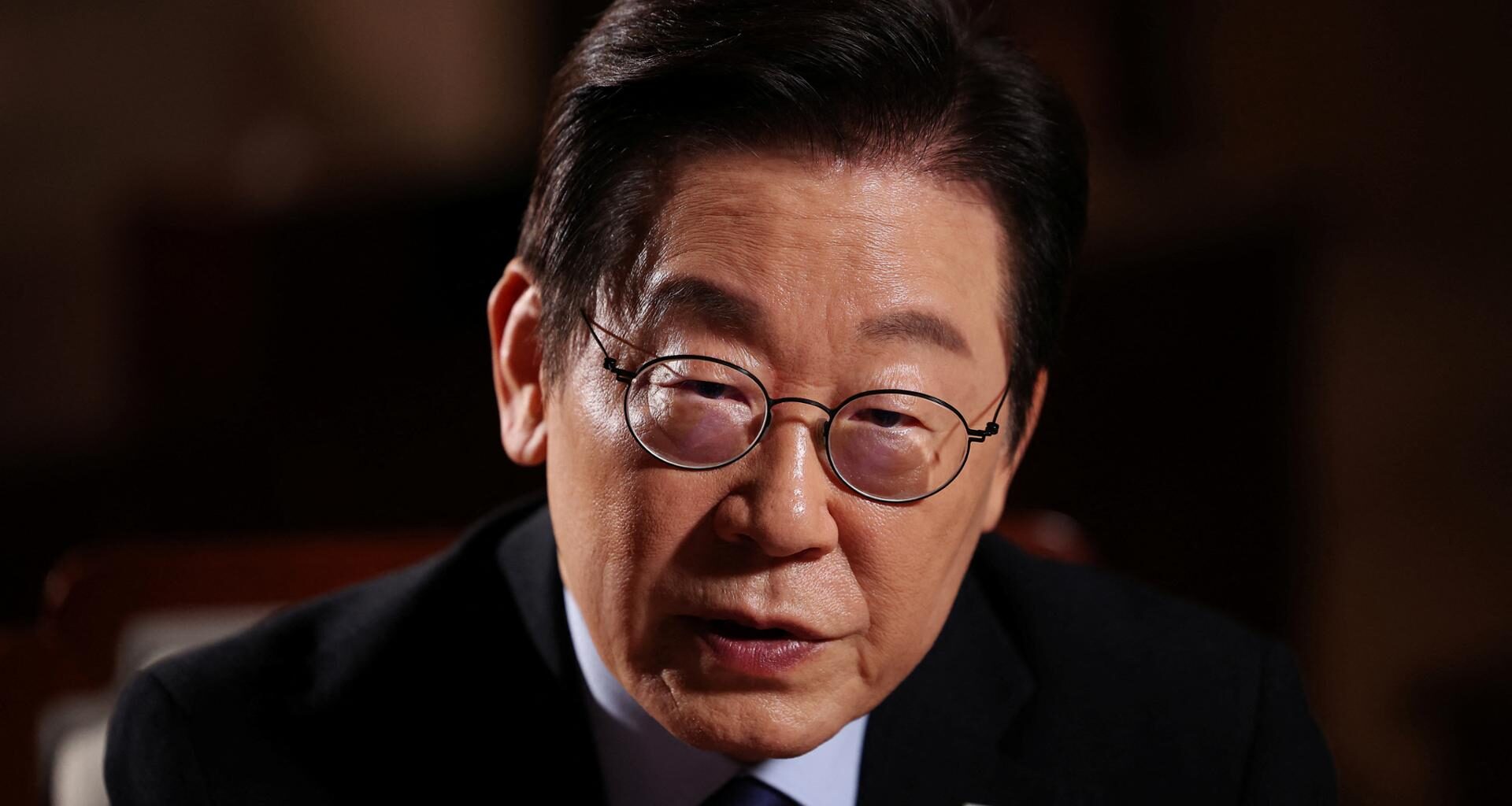President Lee Jae Myung has said South Korea would face a similar financial crisis to the one in 1997 if Seoul accepts Washington’s investment demands without safeguards, but his government aims to finalize a trade deal with the United States as soon as possible.
In an interview with Reuters ahead of his trip to New York for the U.N. General Assembly, Lee said South Korea’s $350 billion investment pledge under a framework deal reached in July would not be feasible without financial mechanisms, such as a currency swap arrangement.
“Without a currency swap, if we were to withdraw $350 billion in the manner that the U.S. is demanding and to invest this all in cash in the U.S., South Korea would face a situation as it had in the 1997 financial crisis,” Lee said in the interview.
The two countries have previously signed swap arrangements only twice, during the 2008 global financial crisis and the 2020 COVID-19 pandemic.
When asked whether talks could extend into next year, he said, “We should end this unstable situation as soon as possible.”
Lee said South Korea is different from Japan, which struck a trade deal with a $550 billion investment package, noting that Tokyo has more than double South Korea’s $410 billion in foreign exchange reserves, has an international currency in the yen and maintains a swap line with the U.S.
He said Seoul and Washington have agreed in writing that any investment projects must be commercially viable, but working out the details is proving difficult.
Lee added that U.S. immigration authorities’ recent arrest of more than 300 South Korean workers at a battery factory construction site in Georgia had sparked public anger but stressed that the raid would not undermine the bilateral alliance.
In a separate interview with Britain’s BBC, Lee said his government would accept a deal between U.S. President Donald Trump and North Korean leader Kim Jong-un to freeze production of the North’s nuclear weapons for now, rather than get rid of them.
Lee told BBC that the North was producing an additional 15-20 nuclear weapons a year and a freeze — as “an interim emergency measure” — would be “a feasible, realistic alternative.”
“So long as we do not give up on the long-term goal of denuclearization, I believe there are clear benefits to having North Korea stop its nuclear and missile development,” Lee said in the interview.
“The question is whether we persist with fruitless attempts towards the ultimate goal [of denuclearization] or we set more realistic goals and achieve some of them.”

